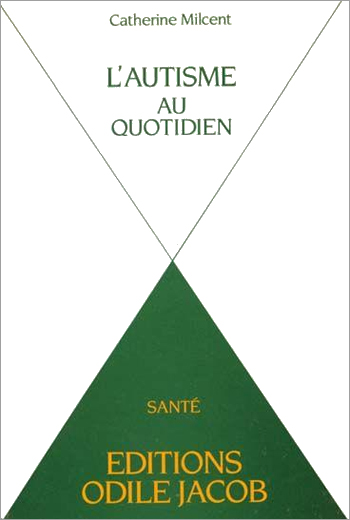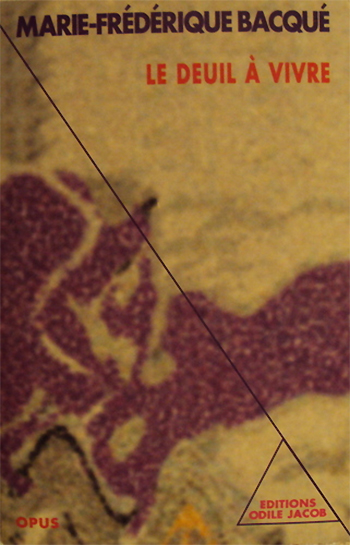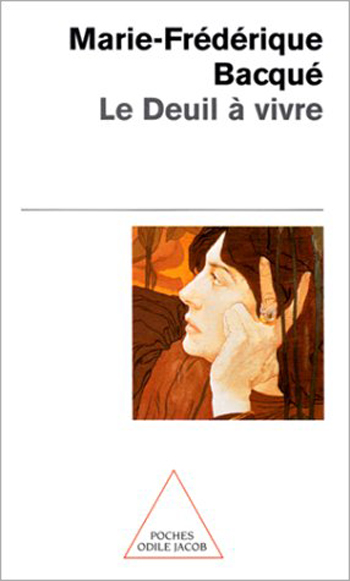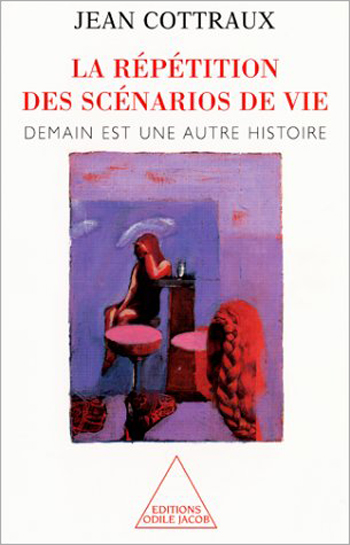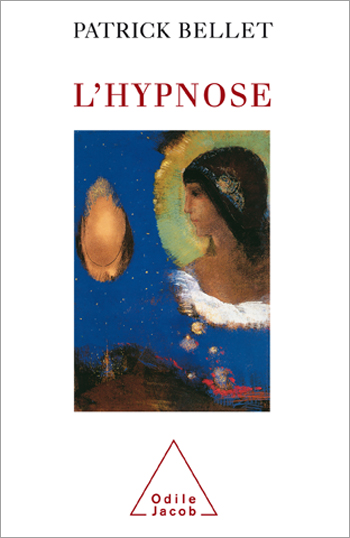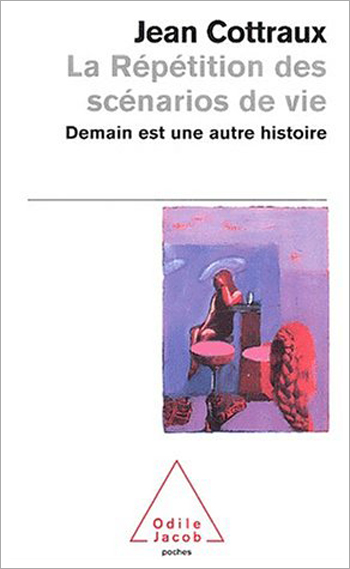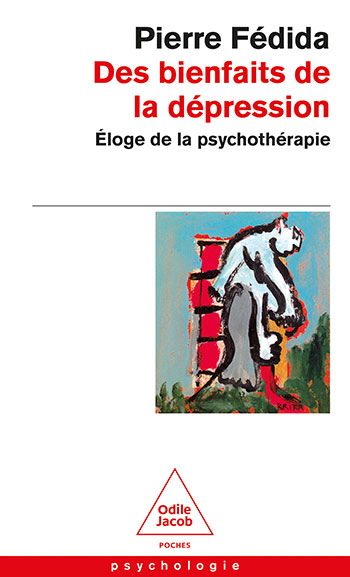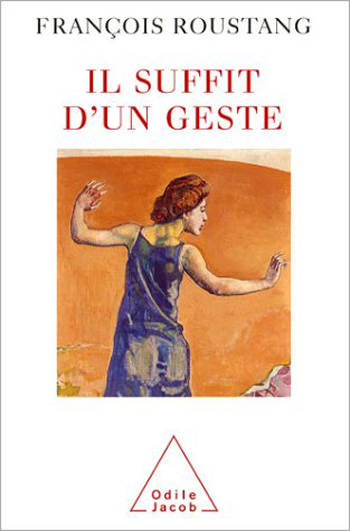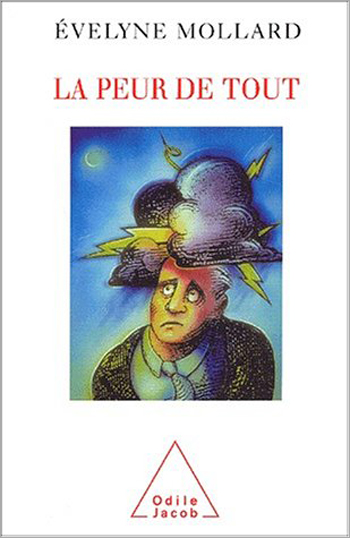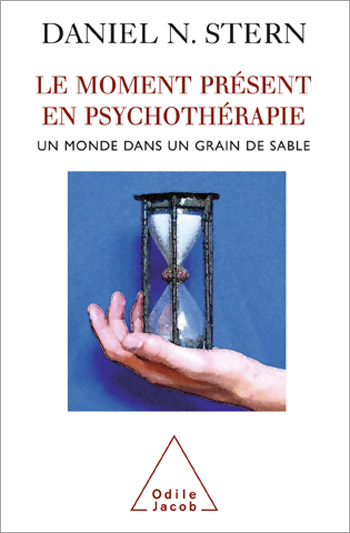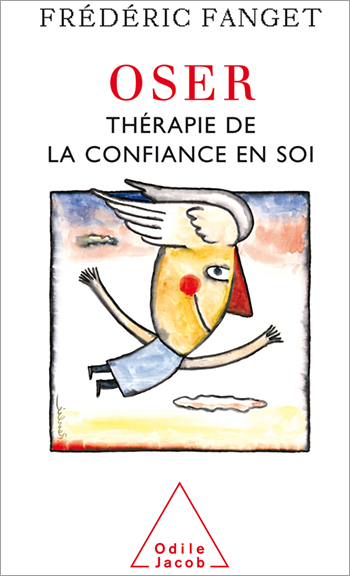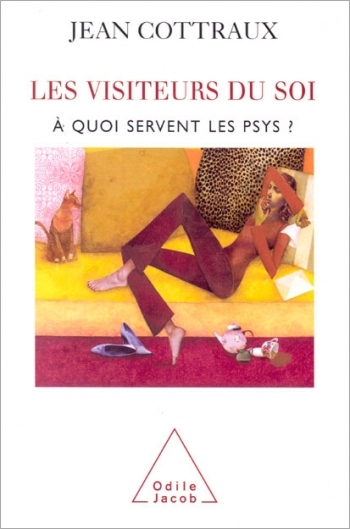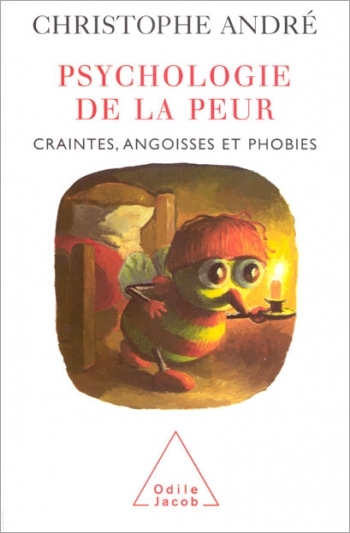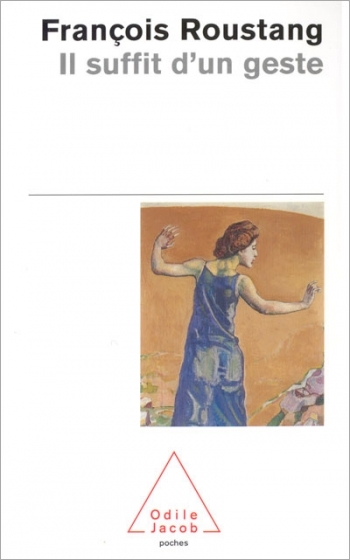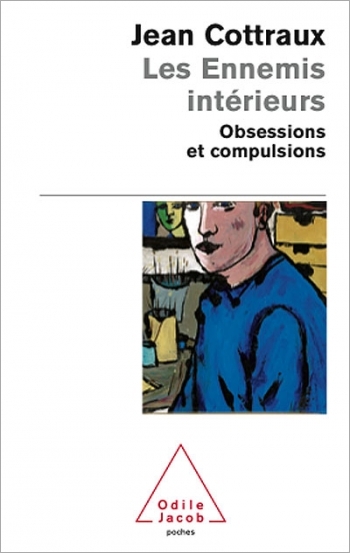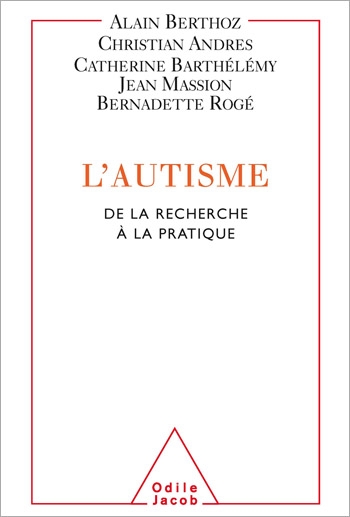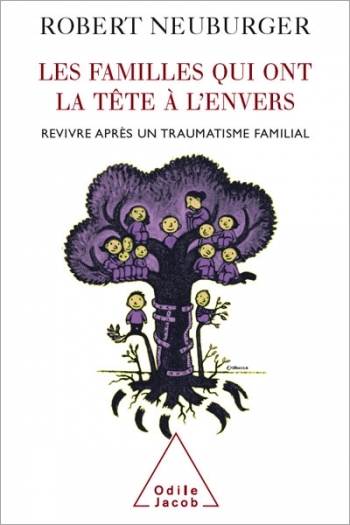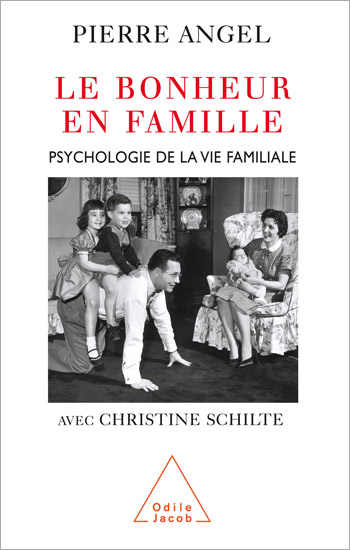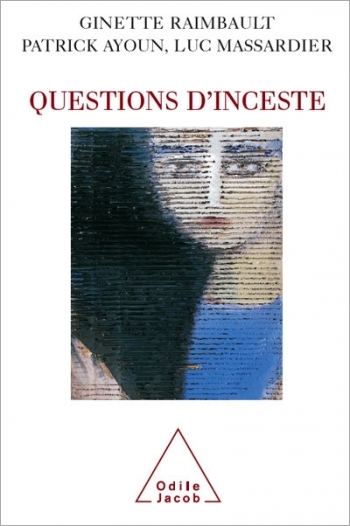Psychotherapy All books
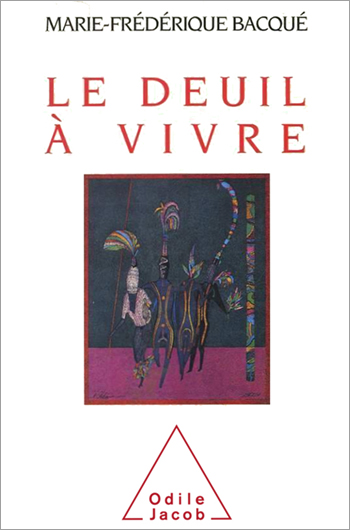
Marie-Frédérique Bacqué
Living through Bereavement
All civilizations have therapeutic methods to deal with death and the period of mourning. Not ours. By hiding away the experience of death, aren't we becoming more helpless, more disoriented than ever?
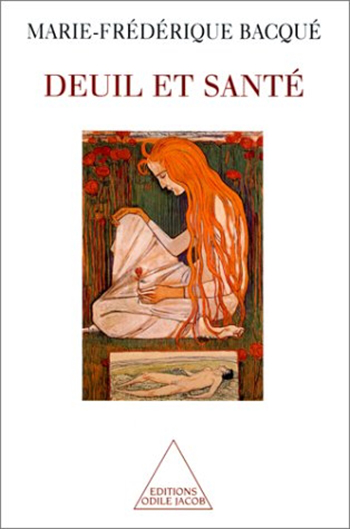
Marie-Frédérique Bacqué
Mourning and Health
Should mourners be medically treated ? How can we treat post-mortum depression ? Can mourning be a philosophical experience ? If you have lost a loved one, this book will help you make sense of all of your questions...
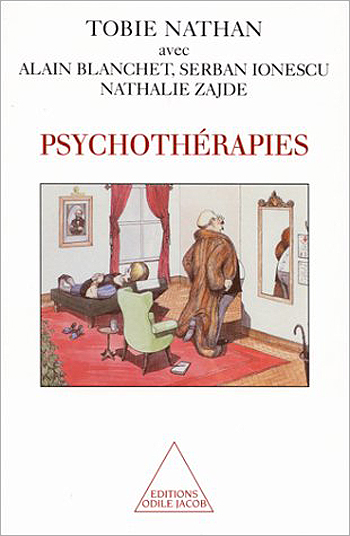
Tobie Nathan, Alain Blanchet, Serban Ionescu, Nathalie Zajde
Psychotherapies
This book is a rigorous presentation of what is now called the Nathan method, that is to say the therapeutic methods (using objects or discussion) which result in a cure through that influence. Using the differences between Western and African techniques as a starting point, he explains how following a psychotherapeutic treatment, or consulting an African healer constitutes an affiliation to a certain group. That is not to say, however, that all therapeutic methods are the same. On the contrary, this book tries to define some kind of criteria of evaluation which is conducive to an informed choice. The two main elements of psychotherapy, the therapy and the trauma, in other words the object and the motivation of the sick person for taking the step of getting treatment, are re-examined in this new context.
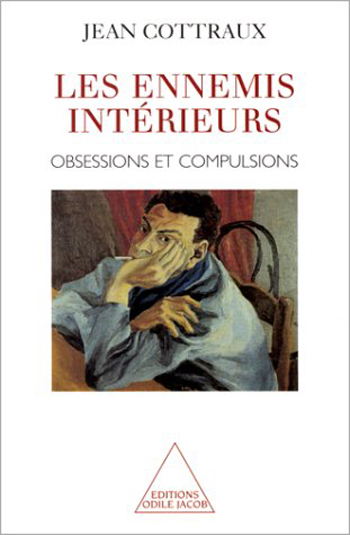
Jean Cottraux
Internal Enemies Obsessions and Compulsions
Why do some people become obsessed with cleanliness, fear of causing accidents, or the idea that they are guilty of some fault or imperfection? Where should the line be drawn between "normal" obsessions, from which everyone suffers to a greater or lesser degree, and pathological obsessions? When should measures be taken to treat those who suffer from obsessions? Why have obsessive-compulsive disorders become so common (2.5% of the population now suffer from them)? Jean Cottrauxs study of several clinical cases enables him to describe how obsessive-thought processes function. Doctor Jean Cottraux is a clinical psychiatrist and lecturer at the Université de Lyon I.
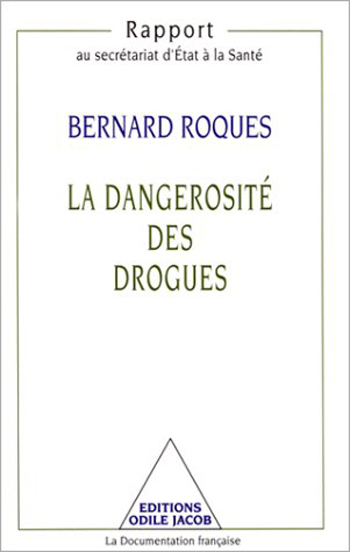
Bernard Roques
The Danger of Drugs
This book is the result of a study on drugs carried out by Bernard Roques at the request of the French Secretary of State for Health, Bernard Kouchner. The author has reviewed and summarised a large body of information from all over the world, so this is a thorough, detailed scientific examination of what is known today of the potential dangers, particularly for the brain, of toxic and psychotropic drugs including alcohol and tobacco which are often associated with the consumption of other drugs. Roques study will doubtless play a major role in public health discussions and decisions, particularly in the fight against alcoholism and nicotine addiction. Bernard Roques is a member of the French Académie des Sciences.
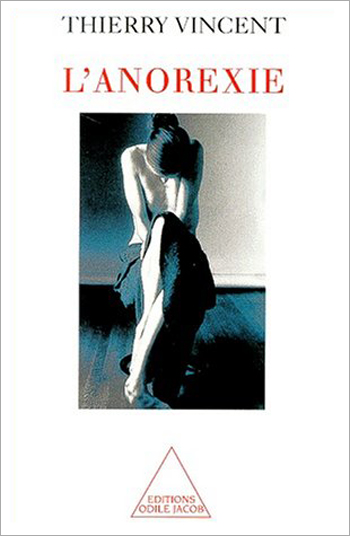
Thierry Vincent
Anorexia
Why are more and more young girls and women becoming anorexic ? Today it is a real social problem. The trend of diets, and the multiplication of magazines about losing weight are no longer enough to explain this phenomenon. Thierry Vincent poses fundamental questions in this book in order to understand how anorexica works. Perhaps the search for new ways of treating anorexia should depart from an examination of these questions. Thierry Vincent, a psychiatrist and psychoanalyst, is the medical director of the university health centre Georges Dumas, in La Tronche, near Grenoble, where high school and university students suffering from eating disorders are treated.
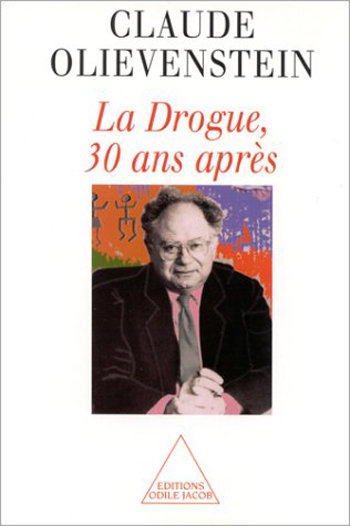
Claude Olievenstein
Drugs, Thirty Years Onwards
Thirty years after the publication of Il n'y a pas de Drogués Heureux, Claude Olievenstein recounts his exceptional career and summarises his current views on a number of social issues that have been his prime concern for many years: drugs, teenagers and the problems of the underprivileged living in housing projects. This is a frank survey of society in state of crisis. Claude Olievenstein is the head doctor at the Centre Médical Marmottan, in Paris, and a world-renowned specialist in the treatment of substance addiction.
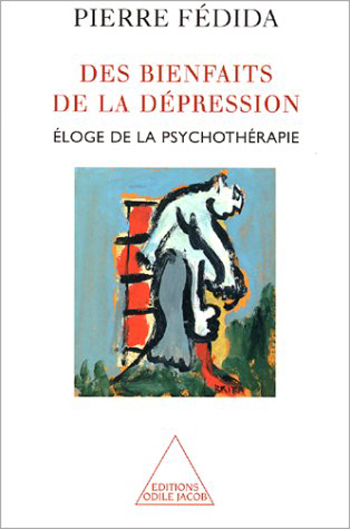
Pierre Fédida
The Benefits of Depression An Appreciation of Psychotherapy
When we attempt to cure human suffering with a chemical pill, arent we denying the real issues that have given rise to depression? Must we resort to denying the psyche in order to come out of a depressive state? Isnt there another way? Pierre Fédida shows that the emergence of a depressive state can always be explained by the disappearance of the capacity to fight off depression : the goal of the psychotherapy of depressive states should be the recovery of this capacity in order to regain ones vital inner balance without the reliance on chemical solutions. Pierre Fédida is a psychoanalyst.
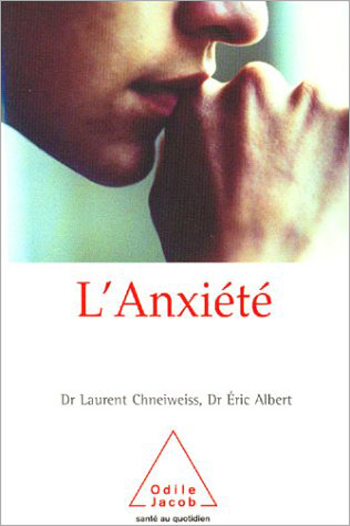
Laurent Chneiweiss, Éric Laurent
Anxiety (New Edition) Day by Day Health
Knots in your stomach and feelings of anxiety are common sensations. But what can be done when anxiety becomes overpowering, handicapping ? What are the symptoms ? When does it become a disease ? How can it be managed on a daily basis ? Who should be consulted ? A simple and practical book to help you to deal with this problem. Eric Albert and Laurent Chneiweiss are both psychiatrists, and specialists in the modern treatment of anxiety.
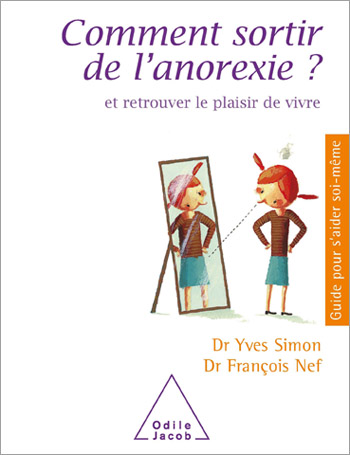
Yves Simon, François Nef
How to Overcome Anorexia And Regain the Pleasure of Living
Anorexia is often perceived as a mysterious, incurable illness. Yet despite its sinister reputation, its causes can be explained and the illness can be treated. Overcoming anorexia requires medical and psychological treatment, but it also depends on the attitude of the patients family and friends. This self-help manual offers specific solutions, advice based on the authors clinical practice, and recommendations from experts in the field. François Nef is a medical psychiatrist and Yves Simon is a psychologist. Both specialise in eating disorders
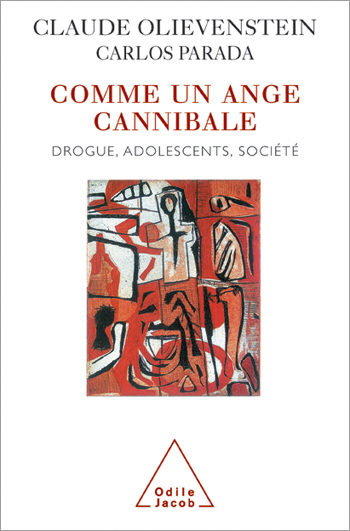
Claude Olievenstein, Carlos Parada
Like A Cannibalistic Angel Drugs, Adolescents and Society
Does it make sense to place hallucinogens and hard drugs in the same category and to regard them all as addictive? Should tobacco and alcohol be put on the same plane as heroin, cocaine and crack ? With the assistance of Carlos Parada, his collaborator at the Centre Médical de Marmottan, Claude Olievenstein offers the reader his latest thoughts and ideas on the highly distinctive world of substance abusers, which is characterised by pleasure, withdrawal, the need for warmth and haste and, above all, by instability and chaos. Claude Olievenstein is the head doctor at the Centre Médical de Marmottan, in Paris, and a senior research fellow at the University of Lyon-II. Carlos Parada, a physician specialising in drug addiction, works at the Centre Médical de Marmottan.
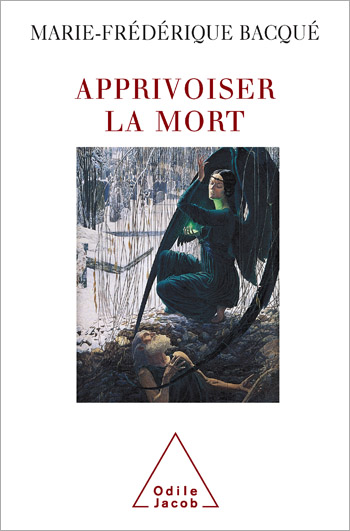
Marie-Frédérique Bacqué
Coping with Death
Marie-Frédérique Bacqué, a psychologist, is a lecturer at the University of Lille and the vice president of the Society of Thanatology.
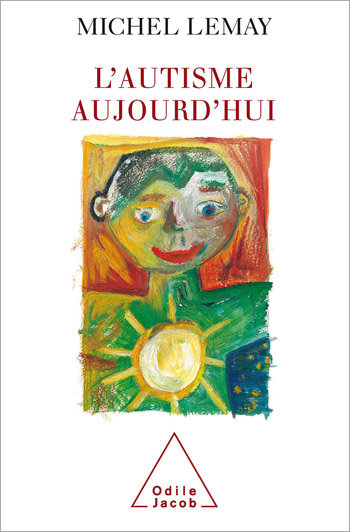
Michel Lemay
Autism Today
What do we know about autism today ? How can it be treated ? What is the cause ? In this book, the author offers a clear appraisal of the contributions and failures of various disciplines (psychoanalysis, neurobiology, genetics, chemical and drug treatment, and behavioural and cognitive therapies), and makes a case for a multidisciplary type of medicine. It offers both parents and professionals a great source of strength with which to fight against autism. Michel Lemay is a psychiatrist and professor of child and adolescent psychiatry. A world-renowned specialist in autism, he is the director of the clinic on autism and invasive development disorders at the Hôpital Sainte-Justine in Montreal.

